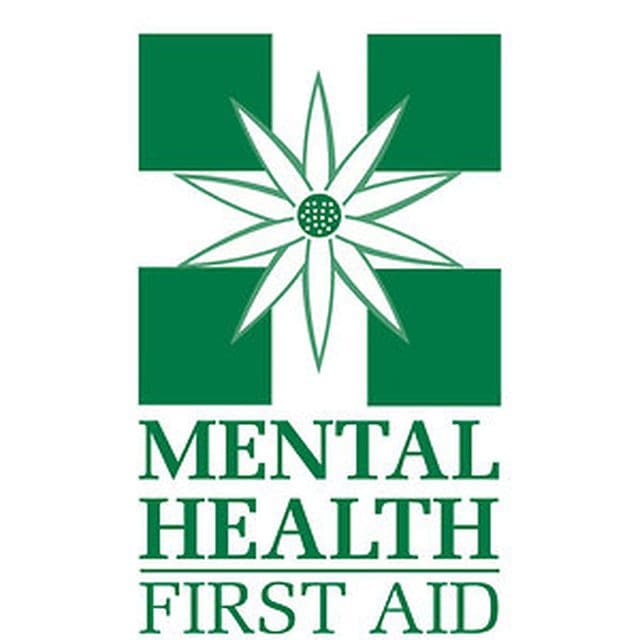The SOVA Project is happy to feature this blog post written by one in our team of fantastic SOVA Ambassadors—these are young people who help create meaningful blog posts from adolescents’ perspectives.
 Living with depression, anxiety, and other mental health issues can sometimes be taxing. I know I have come across this a lot—I feel down, anti-social, or just plain exhausted! While it’s true that we are starting to talk more about mental health conditions, lots of people still find it difficult to talk about what they are experiencing. It’s especially hard when you feel like you were doing so great the past few days and today you just feel like … ugh.
Living with depression, anxiety, and other mental health issues can sometimes be taxing. I know I have come across this a lot—I feel down, anti-social, or just plain exhausted! While it’s true that we are starting to talk more about mental health conditions, lots of people still find it difficult to talk about what they are experiencing. It’s especially hard when you feel like you were doing so great the past few days and today you just feel like … ugh.
I often don’t know what to say on my ugh days when someone asks me, “How are you doing today?” or, “Do you want to hang out later?” Most of the time I end up just saying something like, “I feel a little tired today—must not have slept well,” or, “I think I’m just staying in tonight, I have a lot of work to do!” Usually, what I really want to say is:
My depression/anxiety symptoms are acting up, and I’m just having a bad mental-health day.
I just feel like people can relate to tiredness and stress a bit more than a real confession of mental-health difficulties. And I don’t want to feel like I’m being a downer or burdening people with my current symptoms.
However, some friends of mine have recently started being completely open about their bad mental health days!
 Towards the end of the semester, the stress level of every student skyrockets. So many papers, exams, quizzes, and projects are thrown at every student all at once. With only 24 hours in a day, it may seem impossible to students to get everything done.
Towards the end of the semester, the stress level of every student skyrockets. So many papers, exams, quizzes, and projects are thrown at every student all at once. With only 24 hours in a day, it may seem impossible to students to get everything done. I took a Pilates class this past semester at school, and in our last class our instructor posed us a question: What does self-care mean to us?
I took a Pilates class this past semester at school, and in our last class our instructor posed us a question: What does self-care mean to us? By doing what’s best for your mind and body on a regular basis, you can mitigate some of the tension in your life and feel even more ready to take on each day.
By doing what’s best for your mind and body on a regular basis, you can mitigate some of the tension in your life and feel even more ready to take on each day. How does this make you feel? Do you allow things to upset you that you could let go of? What can you change about your thoughts that would make you happier?
How does this make you feel? Do you allow things to upset you that you could let go of? What can you change about your thoughts that would make you happier?





 “Coming out” is a decision to tell someone a fact about yourself that they may not know—usually something extremely personal and potentially something with a social stigma to it—so it can be hard to remain positive through the process.
“Coming out” is a decision to tell someone a fact about yourself that they may not know—usually something extremely personal and potentially something with a social stigma to it—so it can be hard to remain positive through the process. 
 While this may seem like a daunting task, here are some ways, both large and small, that you can bring more balance and order to your day-to-day activities and improve your overall well-being:
While this may seem like a daunting task, here are some ways, both large and small, that you can bring more balance and order to your day-to-day activities and improve your overall well-being: